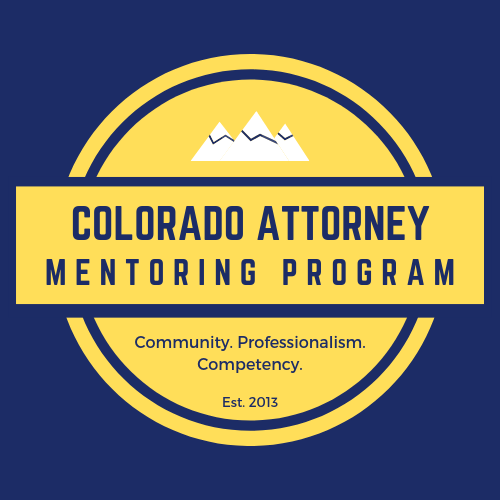Use the following points to facilitate a discussion about substance abuse and mental health issues in the legal profession. Topics include possible warning signs of alcohol or substance abuse, what to do if the new lawyer is faced with a substance abuse or mental health issue, and resources for assistance.
- Objectively discuss the legitimate goals of mandatory substance abuse instruction which include raising the attorney population’s consciousness regarding the problems of chemical dependency; informing all attorneys of how to detect, prevent and assist impaired attorneys; and increasing awareness of available assistance programs.
- Share with the new lawyer experiences, if any, that you have had dealing with an impaired lawyer or judge and how you handled (or c/should have handled) the situation(s).
- Discuss the signs and symptoms of chemical dependency. Symptoms of alcoholism are available at:http://www.mayoclinic.com/health/alcoholism/DS00340/DSECTION=symptoms. Symptoms of drug addiction are available at:http://www.mayoclinic.com/health/drug-addiction/DS00183/DSECTION=symptoms.
- Discuss with the new lawyer your experience (if any) with noticing the signs and symptoms of chemical dependency in someone with whom you worked. Talk about how to professionally address that type of situation.
- Discuss the most professional ways for dealing with the following situations:
- The judge before whom you appear seems to be impaired;
- The opposing counsel in your case attempts to negotiate with you while s/he appears to be impaired;
- The opposing counsel in your case appears with his or her client at a deposition or hearing and you suspect s/he is impaired; and
- Your client appears for a hearing impaired.
- Discuss a lawyer’s personal and professional duties to assist their colleagues if they suspect impairment. If mentoring in-house, give the new lawyer information about your organization?s HR policies surrounding this topic.
- Discuss a lawyer’s heightened responsibility to a client who is mentally impaired.
Resources:
Colorado Attorney Mentoring Program (CAMP) Mentoring Resource Center,https://coloradomentoring.org/mentoring-resources/mentoring-literature.
Colorado Lawyer Assistance Program (COLAP) Resources, http://www.coloradolap.org.
